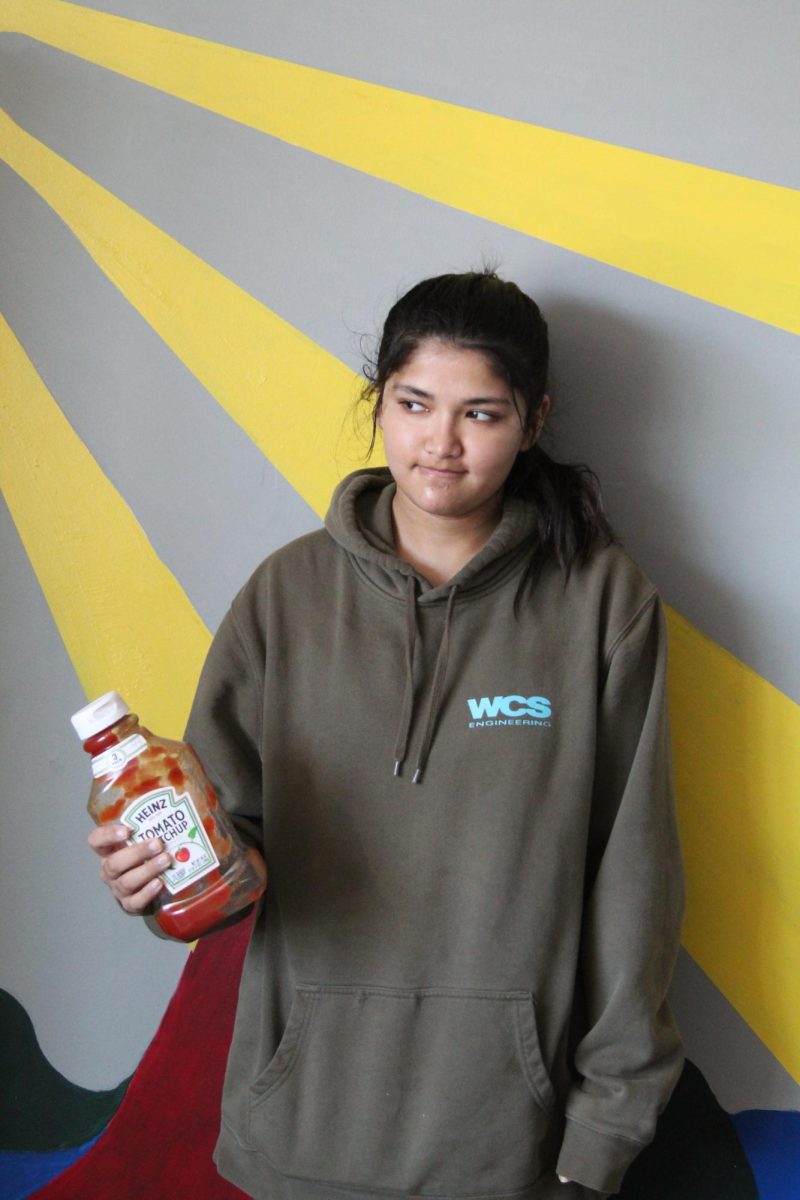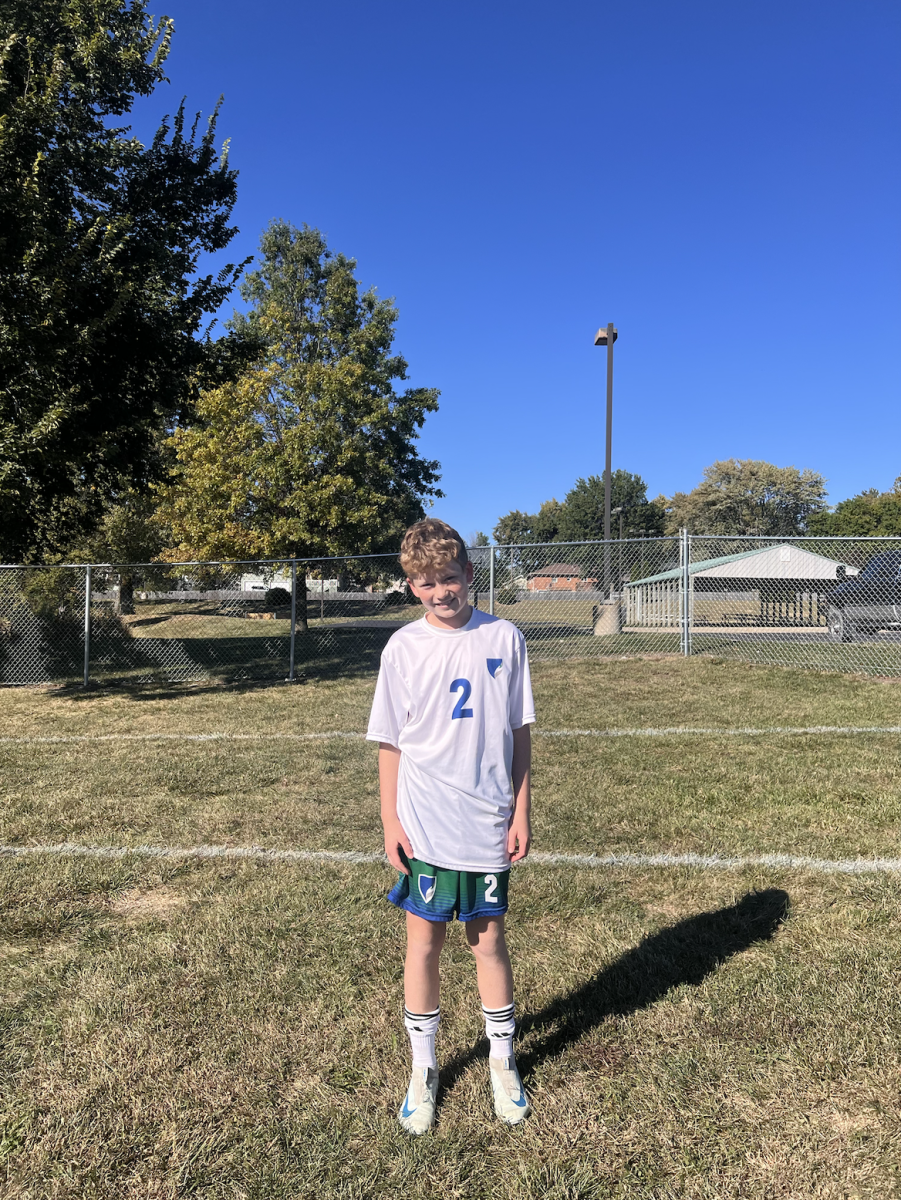With election day less than a month away, divisive content is flooding social and legacy media. It has been four years since the last presidential election and nine years since Donald Trump changed the political landscape. The talking heads are graveling on about the mayhem that will ensue if their side does not win. Certainly, policy differences ranging from Economic Policy and climate change to American democracy do pose crucial questions for American voters. Yet much of the messaging from politicians and their supporters does not address these policy differences. The lack of substance and dramatic words leaves many Americans feeling troubled. Discontent with campaigning style and candidate choices are a recurring concern. Televised political ads seem more like trailers for horror films than earnest cases for agendas. The 2016 election brought rhetorical upheaval in national politics. Eight years later there is a new normal for political discourse.
Sophomore Lucian Brockhoff thinks that political energy is misplaced:“I feel like [political discourse] is too hostile,” he says. “We are not thinking about the people. We should argue for what will be good for all people and what policy we should have and not who is a ‘meanie pants.’”
“I wish that people would be more respectful,” says Junior Alex Barker. In spite of his reservations about hostility in politics, Barker still does his best to keep up with the race. “Even if [I] can’t vote, [I] should follow the race because while [I] can not vote now, [I] will be able to in the future.”
Junior Alex Barker agrees that politicians should be more respectful but that young people should still follow politics, saying, “Even if you can’t vote, you should follow the [politics] because if you cannot vote now, you will be able to eventually.”
Freshman Izaak Arif agrees that when so many Americans are struggling, politicians should speak to voters’ needs first: “I would like them to talk about normal stuff like lowering grocery prices,” says Arif. “100 dollars for three days worth of dinners is insane. [Politicians] are talking about things that relate to themselves and not to us. They should talk more to us.” According to Arif, political discourse is harmful and self-serving:“I feel like people are becoming more and more extreme with their messaging,” he says.
Seventh grader Rand Ababneh would similarly like more discussion around policy rather than antics in the political sphere: “[Candidates] need to talk about what changes need to be made and not compare themselves to the other [ones],” she says. However, Ababneh has deeper, longer-term concerns about how today’s discourse could create further division. She worries that as political divisiveness becomes personal, it will bleed into people’s everyday lives. She says, “I think that [politics are] going [to be] more like everybody [separating] themselves [into groups] based on their political choices.” Ababneh sees a shift: “[Politics are] more personal now than it was when I was younger,” she says.
The interviewed Seahawks’ actual political perspectives differ, yet they share a common dissatisfaction with the way their viewpoints either clash with each other or have no representation at all. There is a genuine hunger for policy-centered debate and a resentment for the dramatics that have replaced it. The picture Ababneh paints for the future, where political divisions create cultural and societal separations, is bleak. Yet the eagerness Seahawks show for calm, policy-focused politics presents a hopeful alternative.



